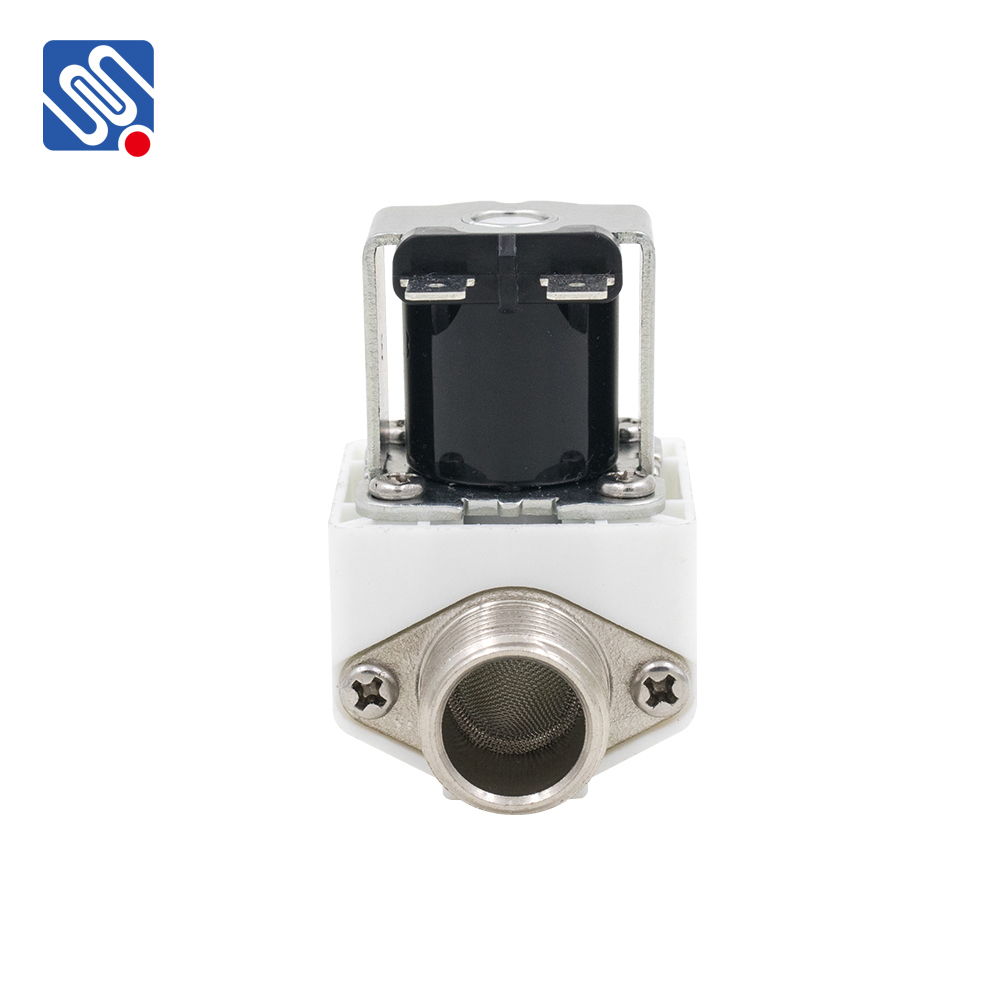In the realm of food and beverage manufacturing, maintaining the highest standards of hygiene and safety is paramount. One critical component that plays a significant role in this regard is the food grade solenoid valve. These valves are designed to control the flow of liquids and gases in various processes while ensuring that the substances being handled remain uncontaminated and safe for consumption. This article delves into the characteristics, applications, and benefits of food grade solenoid valves, highlighting their importance in the industry.

What is a Food Grade Solenoid Valve? A food grade solenoid valve is an electromechanical device that opens and closes to control the flow of fluids in food processing and packaging applications. Unlike standard solenoid valves, food grade versions are specifically constructed using materials that meet strict hygiene standards to prevent contamination. Common materials include stainless steel, which is resistant to corrosion and easy to clean, as well as various food-safe elastomers for seals and gaskets. Key Features of Food Grade Solenoid Valves Hygienic Design: Food grade solenoid valves are designed with smooth surfaces, minimizing crevices where bacteria could proliferate. Their compact design often allows for easy integration into existing systems without compromising cleanliness.